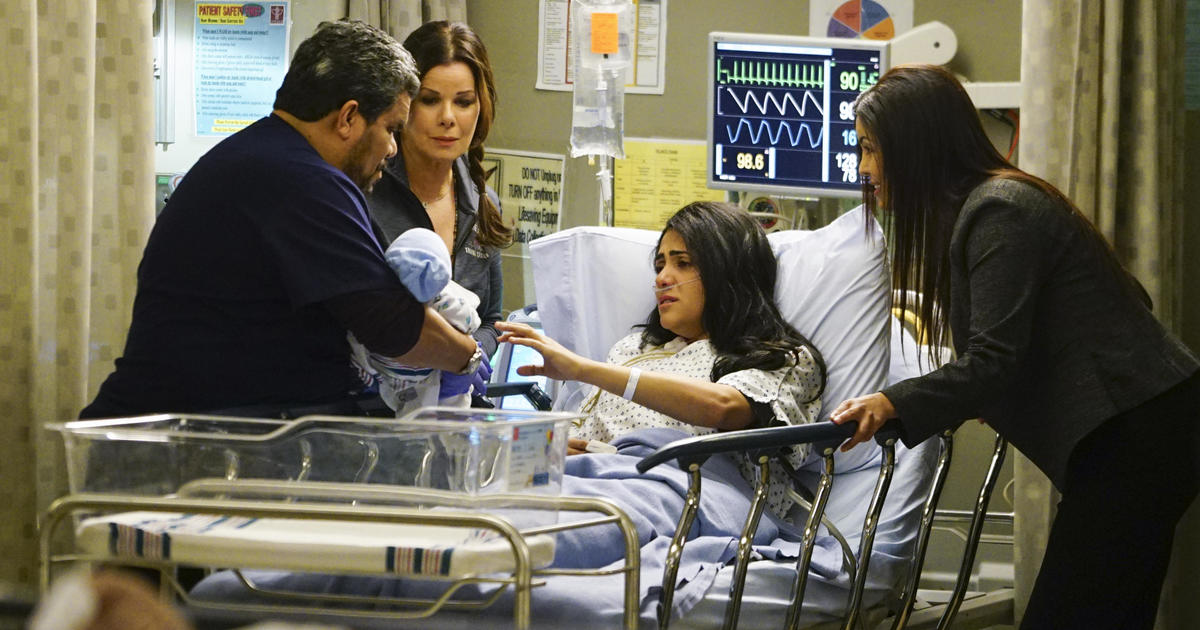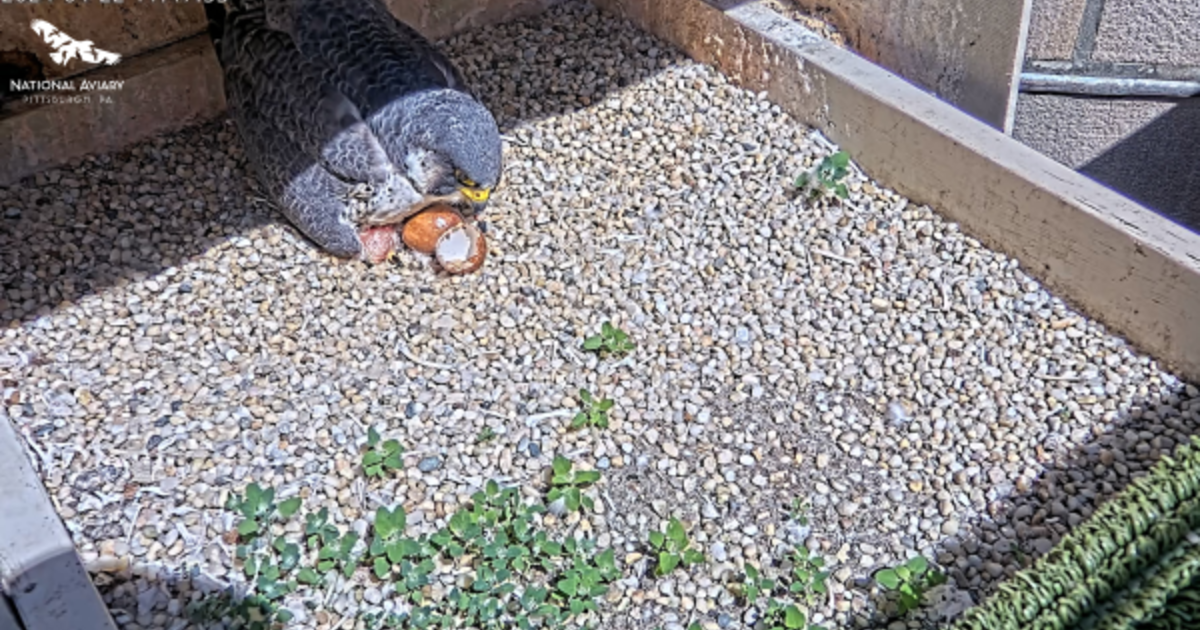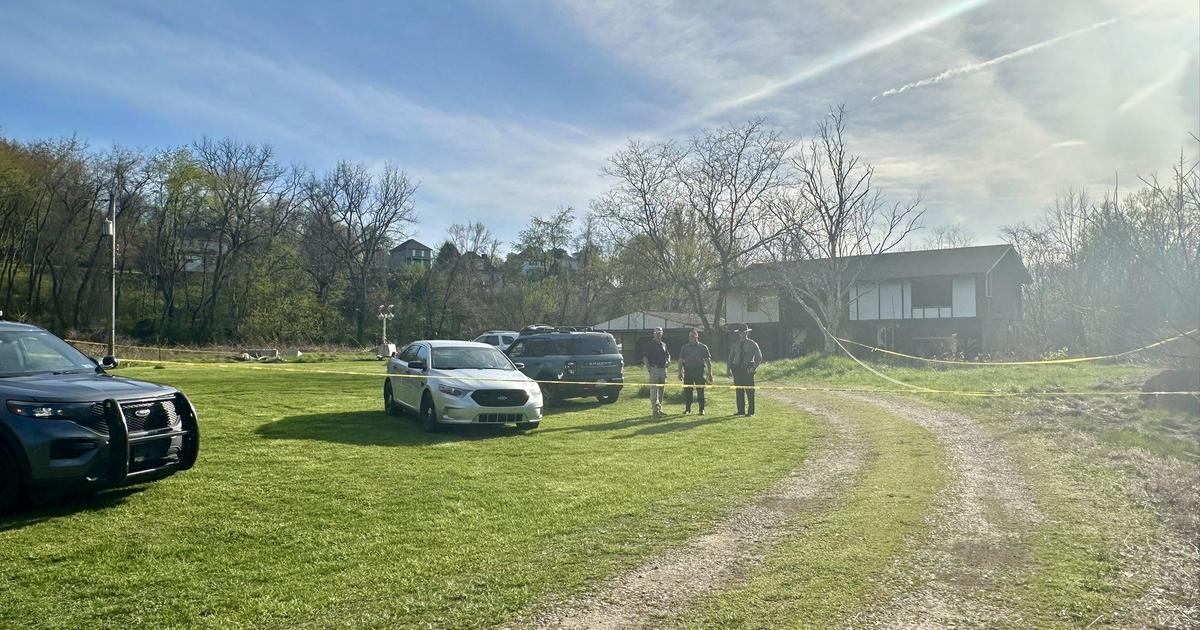'We Will Keep Doing The Work:' Pitt Center For Vaccine Research Continues Fight Against COVID-19
PITTSBURGH (KDKA) - What we have collectively been through the past year was simply unthinkable.
So is what science has been able to accomplish.
Dr. Paul Duprex is the Director of the Pitt Center for Vaccine Research, "From the time the virus was discovered to the time that we have vaccines which can be used is incredibly fast. It's remarkable, but it's also really a testament to all of the hard work that went into the process of developing these vaccines."
It wasn't long after COVID-19 was identified that Dr. Duprex's team got to work.
"The very first thing we did was get the virus from an imported case," he recalled. "Because we had the biocontainment laboratories where we were able to work with a virus from the earliest as possible."
The Pitt team was not working in a bubble, every discovery was being shared with the world science community.
"We have tremendous facilities we have tons of expertise, very important for us to play our part in this big global exercise," Dr. Duprex said. "Everyone's contributing a little. But the world is learning a lot together. I'm really proud of what science has done I'm proud of the creativity that my colleagues all across the world have shown."
It's not just science.
"As I've learned personally and family back in Ireland, who have lost loved ones, the sadness that comes with that is, is real," said Dr. Duprex.
It was very real recently when the doctor's phone rang with a FaceTime call.
"My dad...Even though I haven't seen him for over a year," recalled Dr. Duprex. "That he comes on FaceTime and holds up his immunization card. As an 80-year-old who was one of the first people in Ireland, to be vaccinated."
While Dr. Duprex can't lay claim to directly creating his dad's vaccine, he knows many on the team that did and feels the Pitt contributions are a part of every vaccination.
WATCH: One Year Later: Pitt Continuing Fight Against COVID-19
The work is far from over, however.
"I'm first and foremost a virologist that I never took my eyes off the actual virus," he said.
So as Dr. Duprex and the Pitt team watched they started seeing changes.
"Really, way back in the early days, the end of last summer began to spot some changes in the virus."
As those variants of the original virus have emerged they've been arriving at the Pitt Center for Vaccine Research.
"We've got the variant from South Africa, we've got the variant from the United Kingdom, we've got the variant which has been identified in Brazil, and all of those studies are really very important to do that basic science matters," he said. "We want to understand how well the antibodies generated by vaccines work against these new variants and that's the sort of studies that we're working on at the moment."
So are the current vaccines going to be effective against the new variants?
"Variants happen all the time," Dr. Duprex explained. "A scientist to keep an eye on the ones that are of interest. But absolutely, there are some variants spread across the world now in the United States that concerns us."
And the science world he says is quickly adapting the treatments.
"If we can generate a vaccine once correctly, then the backup, second-generation vaccine, third-generation vaccines can be generated as quickly," he said. "So it's a plug-and-play biased approach, and that's pretty good because you don't have to spend as long going through the whole process because of the types of vaccines that have been generated along the way."
As a result, Dr. Duprex says with more than a bit of optimism and pride in his voice..."We will keep doing the work which is looking at those viruses, because the closer that we are to that fast-moving mouse, the more likely we are as the cat to catch it.



